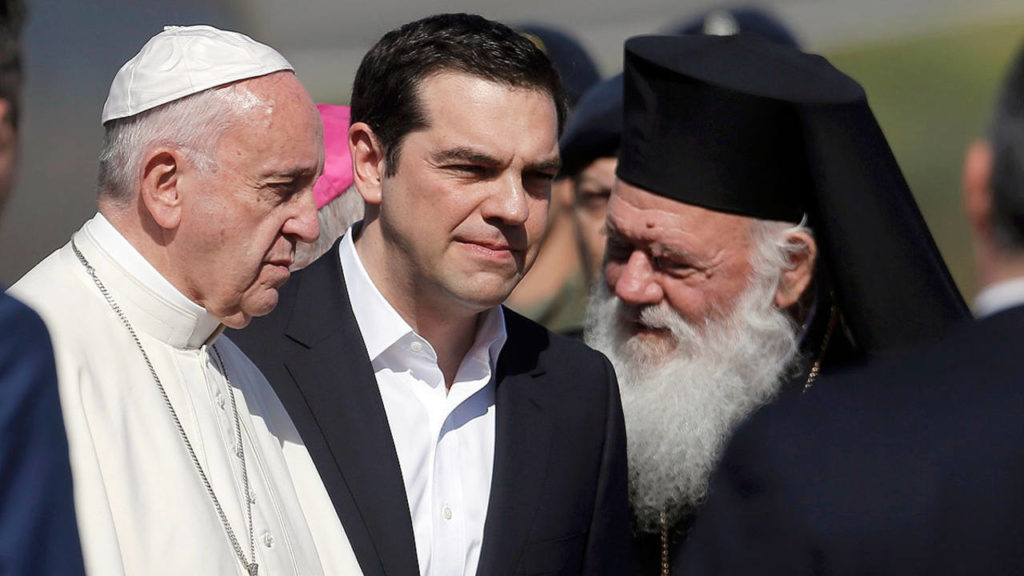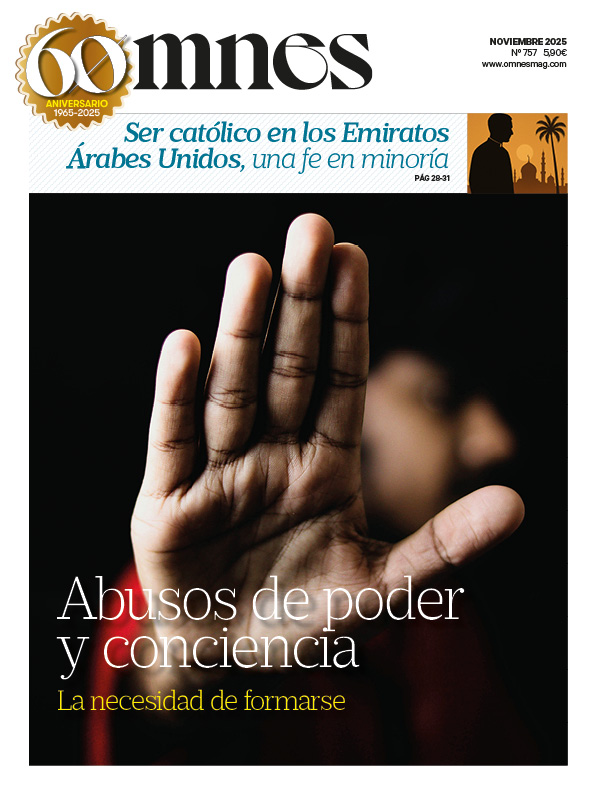The recent visit of Pope Francis and Ecumenical Patriarch Bartholomew to the island of Lesbos has highlighted how open ecumenical relations contribute to the advancement of human rights. Here is an assessment from the Patriarchate of Constantinople.
– John Chryssavgis
The significance of the joint visit to Lesbos on Saturday, April 16, by the highest representatives of the Christian Churches of the East and West cannot be downplayed. And its impact on the refugee crisis should not be diminished, despite its spiritual and symbolic dimension, as well as its apolitical nature and refreshing spontaneity.
This was the fifth time the two leaders have met, and the second time they have made a joint pilgrimage since the election of Pope Francis in 2013. On each of these occasions both have expressed solidarity with people suffering from war, persecution, poverty and hunger, as well as from the ecological repercussions of social injustice. Francis and Patriarch Bartholomew have emphasized on several occasions, and from the very beginning of their relationship, that they understand well the role of the Church in the world. They know what matters, or at least what should matter to the Church; and they understand that the Church's responsibility and ministry must be present in the world.
Many of the encounters of these two extraordinary men have been spontaneous. For example, when the Patriarch attended the inaugural Mass of the Pope's pontificate in March 2013, it was the first time in history that such a thing had happened: not since the 20th century or since the Council of Florence in the 15th century, not since the schism (or split) between the Roman Church and the Orthodox Churches; it had never happened before.
Just a year later, when Francis invited Presidents Peres and Abbas to the Vatican in June 2014, he spontaneously asked Bartholomew to extend the invitation with him to these two political leaders. It was also a way of reminding them that the religious must transcend the political and that violence cannot be sustained in the name of religion.
John Chryssavgis Archdeacon of the Ecumenical Patriarchate; theological advisor to the Ecumenical Patriarch of Constantinople Bartholomew.








